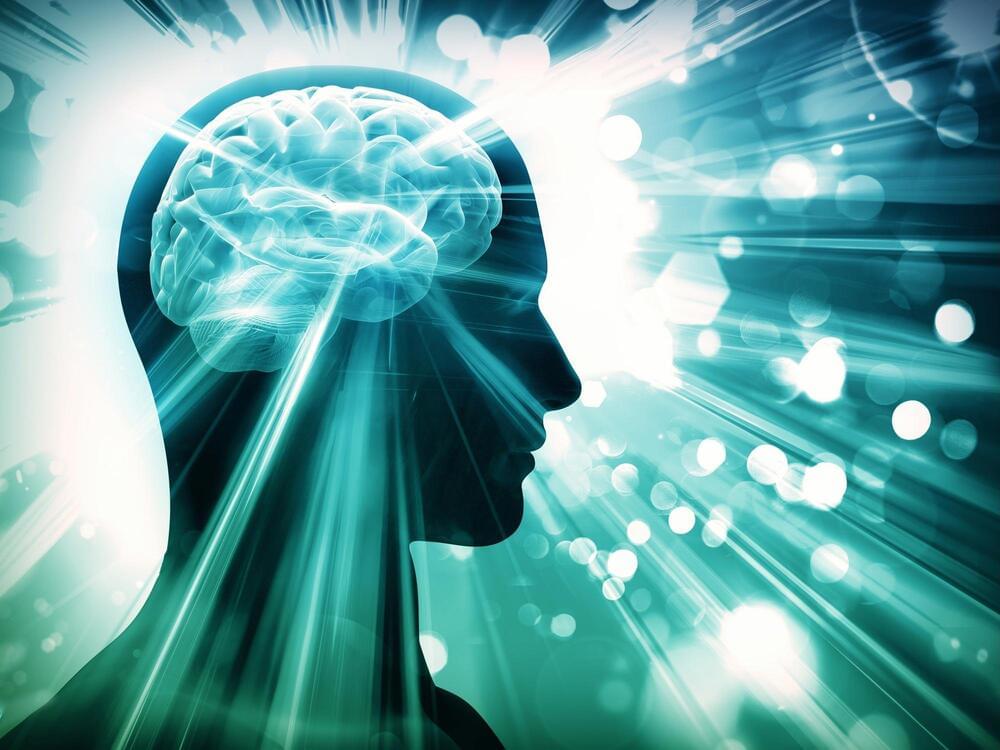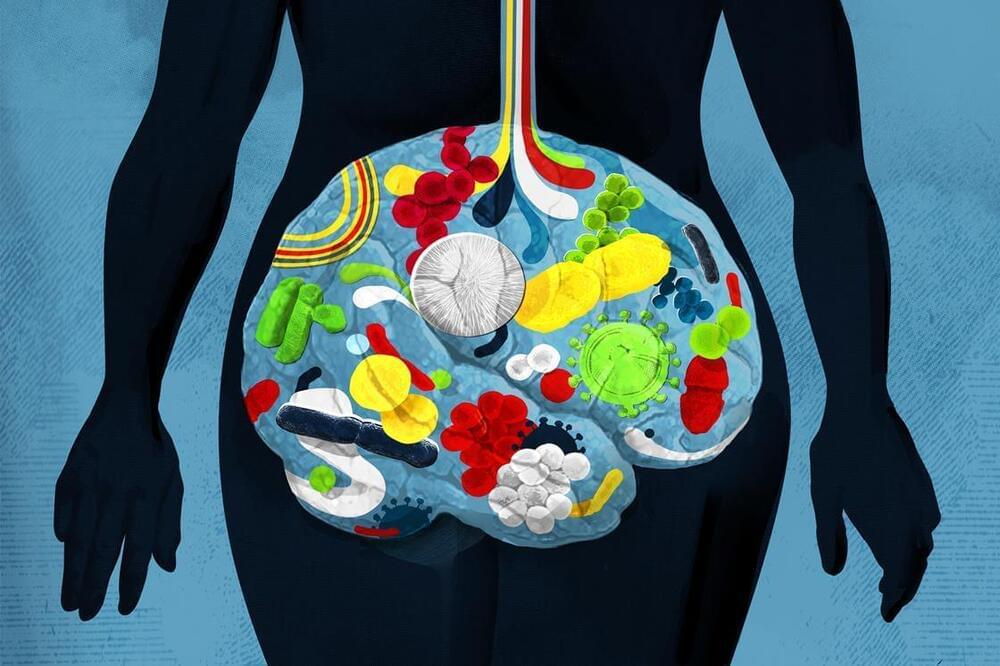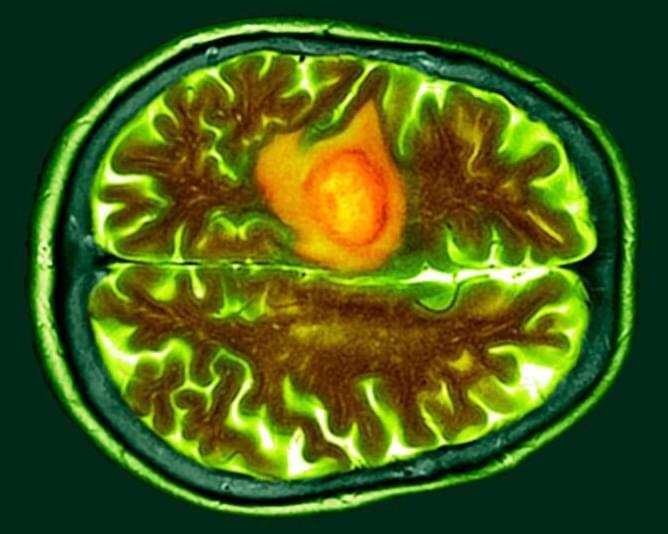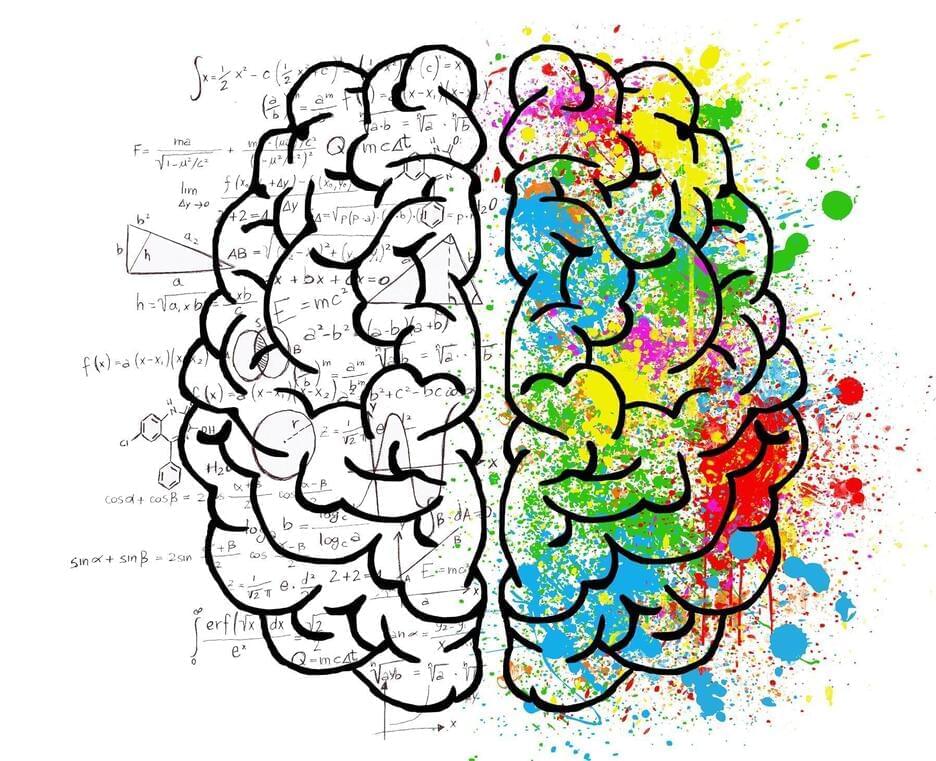NEW ORLEANS, March 18, 2024 — Doctors have long prescribed exercise to improve and protect health. In the future, a pill may offer some of the same benefits as exercise. Now, researchers report on new compounds that appear capable of mimicking the physical boost of working out — at least within rodent cells. This discovery could lead to a new way to treat muscle atrophy and other medical conditions in people, including heart failure and neurodegenerative disease.
The researchers will present their results today at the spring meeting of the American Chemical Society (ACS). ACS Spring 2024 is a hybrid meeting being held virtually and in person March 17–21; it features nearly 12,000 presentations on a range of science topics.
“We cannot replace exercise; exercise is important on all levels,” says Bahaa Elgendy, the project’s principal investigator who is presenting the work at the meeting. “If I can exercise, I should go ahead and get the physical activity. But there are so many cases in which a substitute is needed.”






